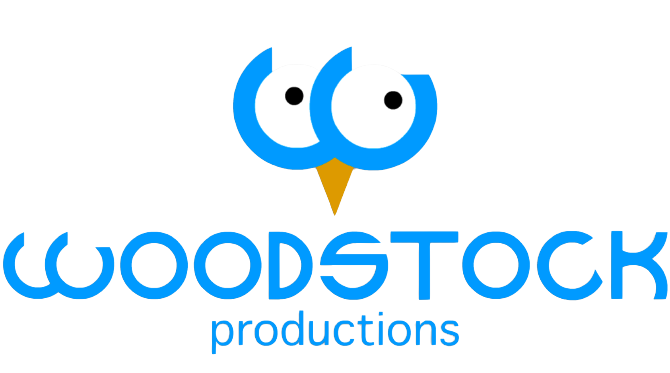Boosting Facebook Likes for Indie Game Developers
In the competitive world of indie game development, having a strong online presence can make all the difference. Social media platforms like Facebook can serve as invaluable tools to connect with your target audience, build a community, and promote your creations. Gaining more Facebook likes can significantly enhance your game's visibility, credibility, and potential for success. Here are some effective strategies to help indie game developers garner more Facebook likes for their projects:
Engage with Your Audience
Interact with your Facebook followers by responding to comments, messages, and feedback. Foster a sense of community by asking questions, conducting polls, and inviting discussions related to your game's development. When users feel heard and valued, they are more likely to engage with your content and recommend your page to others.
Run Facebook Ads
Consider running targeted Facebook ads to reach a wider audience. Utilize the platform's robust ad targeting options to focus on users who are interested in indie games, specific genres, or gaming platforms. A well-crafted ad campaign can increase page likes and drive traffic to your game's website or store page.
Optimize Your Page
Make sure your Facebook page is complete and visually appealing. Use a recognizable profile picture and cover photo that reflect your game's theme or aesthetic. Craft a concise and compelling "About" section that clearly communicates what your game is about and why users should like your page.
Leverage Analytics and Adjust Strategies
Regularly review Facebook Insights to gain insights into your audience's behavior and preferences. Analyze which types of posts perform well and tailor your content strategy accordingly. Experiment with different approaches to see what resonates best with your audience.
In conclusion, garnering more Facebook likes for your indie game as a developer requires a combination of compelling content, community engagement, strategic promotion, and a commitment to consistency. By following these strategies and adapting them to your game's unique qualities, you can cultivate a thriving online presence that draws players to your game and boosts its chances of success in the competitive gaming landscape.


